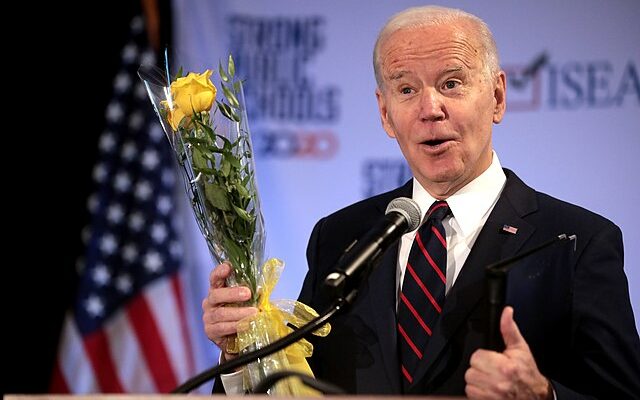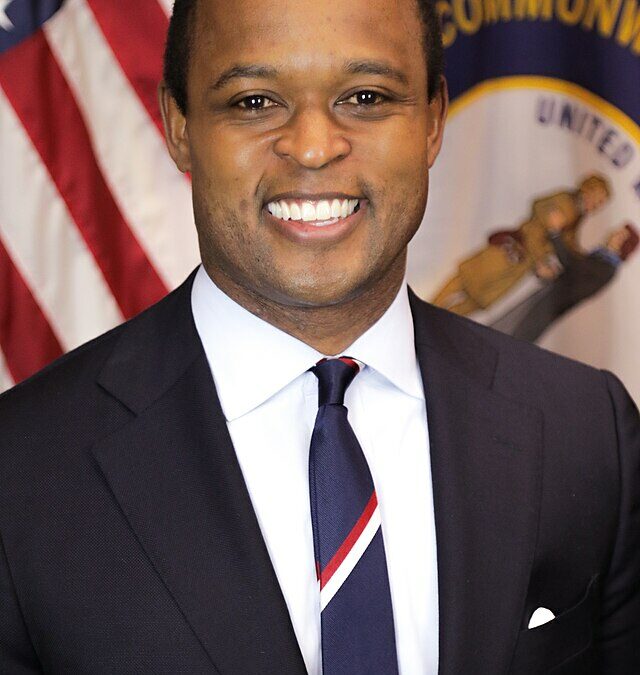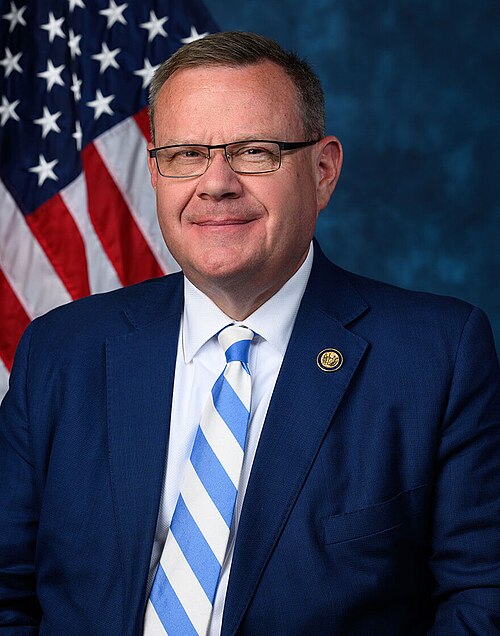
The Biden administration has officially withdrawn a proposed rule that sought to prevent schools from banning transgender athletes from joining sports teams that align with their gender identity. Announced in a notice published in the Federal Register on Friday, this decision marks a major shift following months of intense public debate and mounting legal challenges.
Introduced in April 2023, the proposed rule aimed to update Title IX, the federal law that prohibits sex-based discrimination in educational programs receiving federal funding. The administration’s goal was to provide clearer guidance on balancing inclusivity for transgender athletes with concerns about fairness and safety in competitive sports.
For the regulation on transgender students, the Education Department said it was withdrawing the proposal because of ongoing litigation over how Title IX, the landmark law preventing sex discrimination, should handle issues of gender identity. In addition, the department said there were 150,000 public comments with a range of feedback, including suggestions for modifications that needed to be considered, wrote ESPN.
At this point, the department wrote, “We do not intend for a final rule to be issued.”
Karoline Leavitt, a spokesperson for Trump, accused the White House of “adding more red tape and making it more difficult for him to govern.”
Kate Shaw, who served in the White House counsel’s office under President Barack Obama, said it’s not unusual for administrations to speed up or slow down rulemaking. It’s more typical, she said, for the federal government to race to finalize regulations during a transition period, but that can be difficult when there’s a time crunch.
The topic of transgender athletes in school sports has become one of the most divisive issues in American politics. Many Republican lawmakers have campaigned aggressively on the matter, arguing that transgender women may have physical advantages in certain sports, potentially raising fairness and safety concerns for cisgender female athletes.
Earlier this year, the National Association of Intercollegiate Athletics (NAIA) implemented a policy banning transgender women from participating in women’s sports. The National Association of Intercollegiate Athletics oversees 249 predominantly small, private colleges and approximately 83,000 student-athletes and was the first collegiate athletic governing body to implement such a restrictive policy regarding transgender athlete participation.
“We know there are a lot of different opinions out there,” NAIA President Jim Carr told CBS Sports. “For us, we believed our first responsibility was to create fairness and competition in the NAIA… We also think it aligns with the reasons Title IX was created. You’re allowed to have separate but equal opportunities for women to compete.”
The policy banned transgender women from competing on teams that did not align with their biological sex. Additionally, transgender men—or individuals who have started “masculinizing hormone therapy”—are prohibited from continuing to compete on women’s teams.
Men’s sports will remain open to all student-athletes, regardless of gender identity or hormone treatment.
This decision comes after a December survey revealed widespread support for the change among NAIA members, followed by a unanimous 20-0 vote from the organization’s Council of Presidents.
High-profile cases, such as that of transgender volleyball player Blaire Fleming at San Jose State University, have further fueled the debate. Fleming’s participation on her university team led to protests, game forfeits, and even legal action. The university’s insistence on letting her play saw almost the entire team leave the squad.
Volleyball has been one of the sports in which allowing transgender women to compete against women has appeared to lead to a higher risk of injury.
Payton McNabb, a 19-year-old volleyball player, recently claimed she suffered a traumatic brain injury and permanent peripheral vision loss after being struck by a volleyball spiked by a transgender opponent during a match.
McNabb says the powerful spike caused her to lose consciousness for about 30 seconds, leading to what she describes as life-changing injuries. She alleges the incident has resulted in enduring physical and cognitive impairments, profoundly affecting her daily life and athletic aspirations.
With the withdrawal of the proposed rule, decisions about transgender athlete participation will largely remain in the hands of individual schools and state athletic associations. This decentralized approach means policies will continue to differ significantly across states, reflecting the deep political and cultural divide on the issue.
President-elect Trump has signaled that he will use his authority to prevent biological men from playing in women’s sports.
[Read More: Kamala On Verge Of HUGE Payday]











